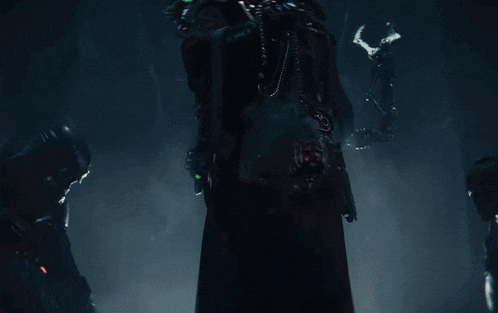

One thing to remember about the mining issue is that coal mining is just as bad, and coal is often radioactive as well. More people have died from radiation poisoning due to coal power/mining than have died from radiation poisoning due to nuclear power, even when you include disasters like Three Mile Island and Chernobyl.
Of course, we’ve also been mining and using coal a lot longer, but the radioactive coal dust and possibly radioactive particles in the smoke from coal plants is something that many people are unaware of.
But, like you said, the big thing is to move away from fossil fuels entirely, and nuclear power has its own issues. It doesn’t so much matter what we go with so long as we do actually go with something, and renewables are getting better and better all the time.




Coal is often radioactive when it comes out of the ground, and thanks to poor regulations, is often radioactive when it goes into the powerplant, leading to radioactive particles coming out of the smokestacks and landing anywhere downwind of the plants.
More people have died from radiation poisoning from coal than from all of the nuclear accidents combined. But, as you said, 200 years vs. 70 years. But, also, nuclear is much more heavily regulated than coal in this regard due to the severity of those accidents. The risk of a dangerous nuclear power plant is nowhere near as large as commonly believed. It doesn’t take long to find longlasting environmental disasters due to fossil fuels, from oil spills to powerplant disasters. They’re used so heavily that it’s just so much more likely to occur and occur more often.
All this to say that fossil fuels suck all around and we should be looking at all forms of replacement for them, nuclear being just one option we should be pursuing alongside all the others.